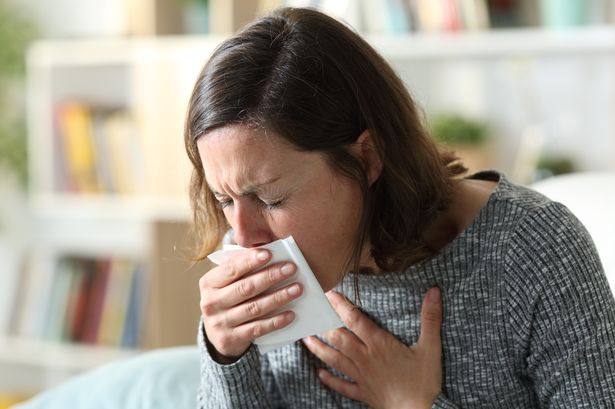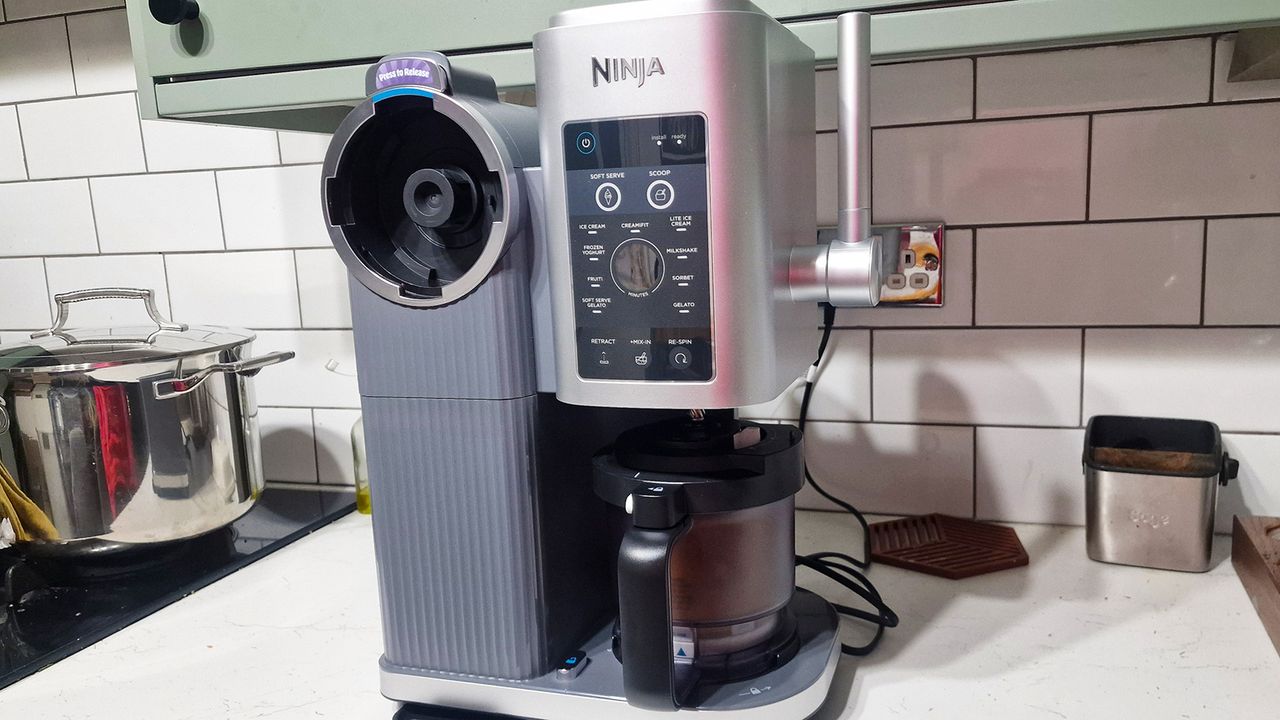
As winter approaches, a medical professional has shared essential health tips to help individuals avoid common illnesses such as colds, flu, and Covid-19. Doctor Suraj Kukadia, known as Dr Sooj, emphasized the increased prevalence of respiratory infections during colder months. In a recent video on TikTok, he outlined practical strategies to reduce the risk of falling ill.
Dr Sooj explained that the winter season often leads to a rise in various ailments due to colder temperatures and dry conditions that allow viruses to thrive. With people spending more time indoors, the chances of transmission increase. While it is impossible to eliminate the risk of illness entirely, adopting certain practices can significantly improve one’s health and well-being.
Hygiene Practices to Prevent Illness
One of Dr Sooj’s primary recommendations is to maintain rigorous hygiene routines. He stated, “Hygiene habits that actually matter include avoiding close contact with individuals displaying symptoms such as coughs or runny noses.” Keeping windows open in crowded spaces can also help improve airflow and reduce the concentration of germs.
Regular handwashing is crucial. Dr Sooj advised washing hands frequently and avoiding face contact, noting, “I realized during the pandemic that I really love touching my face and beard—don’t do that.” He suggested using tissues when sneezing or coughing, disposing of them immediately, and washing hands afterward. If tissues are unavailable, sneezing into the elbow can help minimize the spread of germs.
Additionally, he emphasized the importance of not sharing personal items with those who are sick, including utensils, towels, and food. For individuals concerned about dry skin from frequent handwashing, Dr Sooj recommended carrying a moisturizer and using mild detergents or aqueous cream.
Home Remedies and Treatment Options
If one does fall ill, Dr Sooj provided guidance on effective home remedies. Staying hydrated is essential, as it can alleviate throat discomfort and prevent dehydration. He suggested mixing hot water with apple juice for added comfort and noted that honey and lemon are effective for soothing sore throats.
While many people turn to vitamin C and zinc supplements, Dr Sooj acknowledged mixed research results regarding their effectiveness. He advised that while they may be beneficial, individuals should not rely solely on these supplements.
Rinsing nasal passages with saline can also help clear congestion, but Dr Sooj cautioned against using tap water directly. Instead, he recommended using boiled and cooled water, sterile saline, or distilled water for safety.
When it comes to over-the-counter treatments, Dr Sooj warned against nasal sprays that contain oxymetazoline, pseudoephedrine, or phenylephrine. He noted that steroid-based nasal sprays can be effective for prolonged sinusitis or rhinitis. Gargling with warm salt water is another method he advocates for relieving sore throats and flushing out bacteria.
Dr Sooj also mentioned that pain relief medications such as paracetamol and ibuprofen can help alleviate discomfort. Using a cool mist humidifier can add moisture to the air, easing congestion, but he stressed the importance of regular maintenance to avoid mould growth.
By adopting these health strategies, individuals can better protect themselves against common winter illnesses, enhancing their overall well-being during the colder months.






